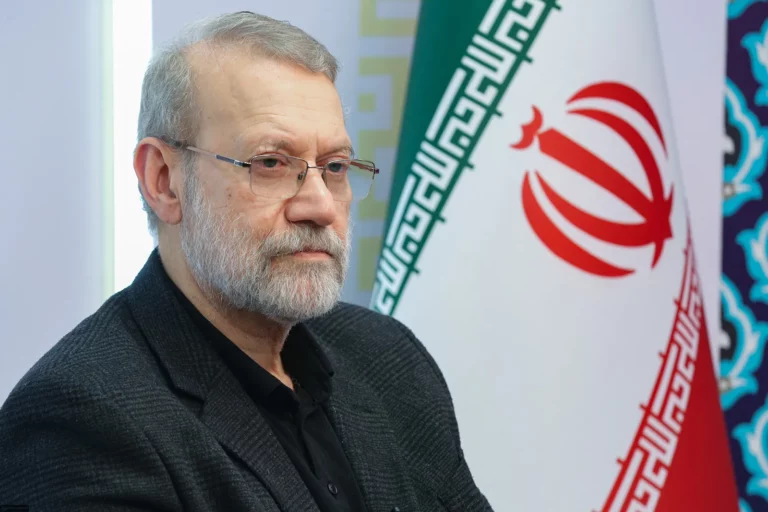Saudi Arabia had its record on human rights including freedoms for women, prosecutions for freedom of speech, use of the death penalty and alleged killing of migrants at its border with Yemen critiqued at the United Nations on Monday.
In the kingdom’s first formal review at the UN Human Rights Council since November 2018, the Saudi Arabia delegation said more than 50 reforms had since then been passed in favor of women.
Delegates were told Saudi Arabia has abolished flogging as a punishment, that minors can no longer be executed, judges are independent and migrant workers are now better protected by law.
“These developments and progress have been relentless,” said Hala Al Tuwaijri, president of the Saudi national human rights commission, in translated comments.
She cited an “unprecedented period of development especially when it comes to human rights” during the Vision 2030 plan to modernize Saudi society and a post-oil economy driven by Crown Prince Mohammed bin Salman.
Still, urging to do more came from a swath of countries during a 3 1/2-hour session.
Germany’s delegate Kristina Huck said it commended Saudi Arabia for “extensive efforts to improve women’s rights” yet noted “serious restrictions” on the right to freedom of expression, assembly and freedom of the press.
Saudi Arabia was asked repeatedly to redefine terrorism in relation to cybercrime laws that allow criticism of the state to be prosecuted.
The United States was a rare critic to point to a specific allegation about the border killings, highlighted last year by Human Rights Watch.
Saudi Arabia was asked to “undertake a comprehensive, transparent investigation of all allegations that Saudi security forces are killing and abusing migrants crossing the Yemeni border, cease any abuses, ensure accountability for any abuses or violations and issue a public investigation report,” U.S. ambassador to the Human Rights Council, Michèle Taylor, said.
Austria backed up American concerns about migrant killings and also recommended abolishing “remaining privileges of male guardianship that still impeded progress, empowerment and equality of women.”
In a later response, Al Tuwaijri said Saudi authorities worked with the UN’s Geneva-based International Organization for Migration “to ensure proper monitoring of our borders and to ensure that the human rights of those crossing our borders are upheld.”
Australia stated its concerns with “exploitation of migrant and foreign workers and lack of transparency in judicial proceedings” and Iceland recommended changing laws in order to criminalize marital rape and decriminalize “same sex conduct between consenting adults.”
A broad range of countries raised concerns with lack of protection for domestic workers, gender-based violence and a fear of reprisals against civil society activists and media workers.
Saudi Arabia had its supporters, including Morocco, Bahrain and Qatar.
China’s delegate Li Yujie commended “efforts and achievements for promotion and protection of human rights,” and Yemen praised the kingdom’s “fight against corruption which undermines the protection of human rights.”
Saudi Arabia’s heavy investment in sports creating the LIV Golf project, luring stars like Cristiano Ronaldo to its domestic soccer league and preparing to host soccer’s Asian Cup in 2027 and the men’s World Cup in 2034 has led to accusations of “sportswashing” to deflect attention from its record on human rights.
There was no mention of sportswashing Monday, though neighboring Jordan suggested sports events hosted by the kingdom could “promote the culture of human rights.”
The Human Rights Council prepared for the meeting taking detailed reports from the Saudi state, U.N. agencies and NGOs including Human Rights Watch. It set a Feb. 9 target to send a report summarizing Monday’s debate.
(AP)











